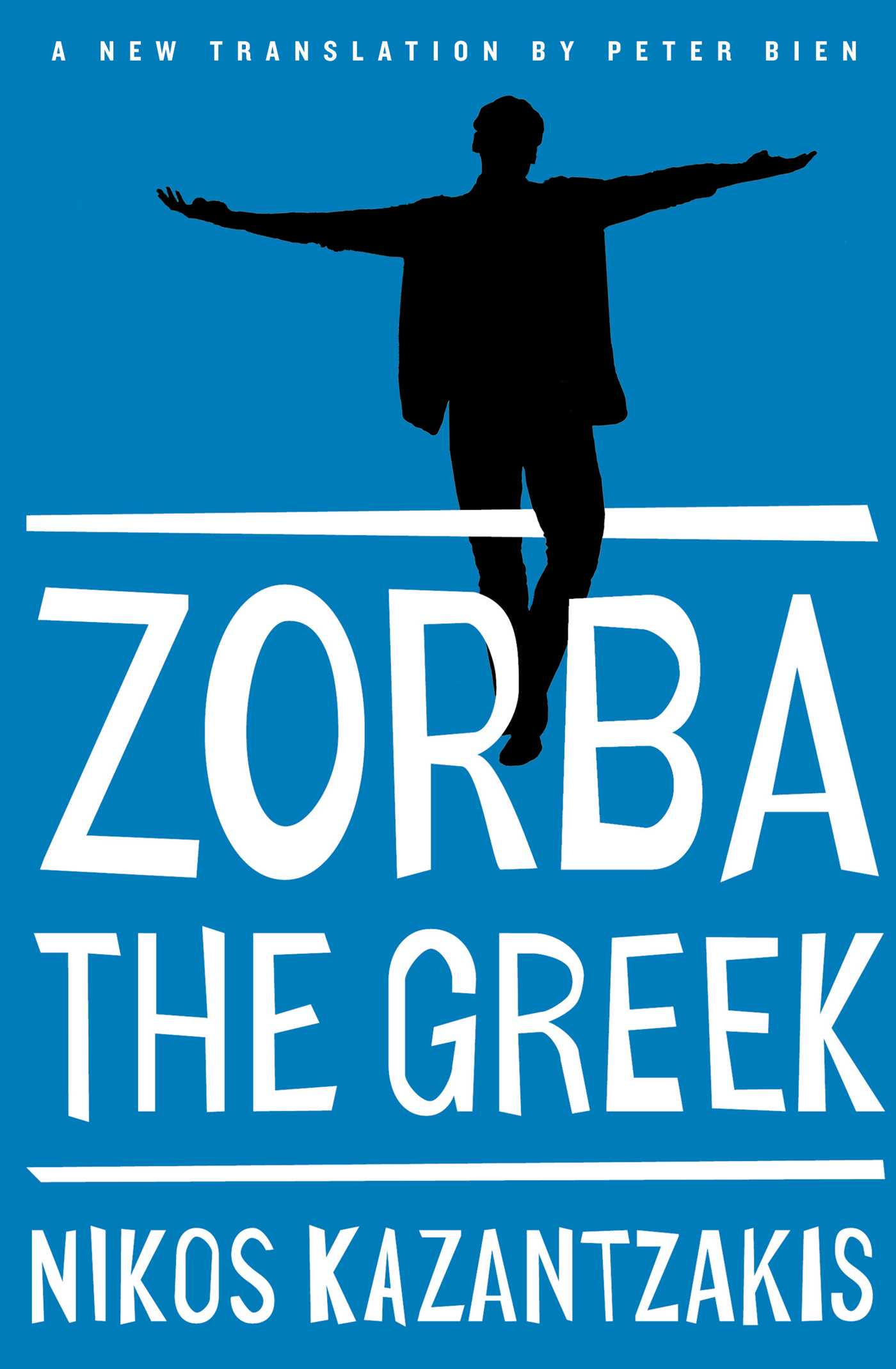🇬🇷 Zorba the Greek: A Tale of Authenticity and Spontaneity
Portuguese Efficiency #4
Hey everyone! A few days ago, I finished reading Zorba the Greek, by Nikos Kazantzakis. It tells the story of Alexis Zorba, a 60-something year old Macedonian, who, together with the narrator, opens a coal mine in Crete, in the 1920s. The book is essentially one big conversation between the two characters, a clash of views. Zorba is a very intense person, he has a lust for women, drinking, dancing and playing music. He lives life to the fullest - Fighting in wars, travelling the world, fathering children, and marrying widows were common occurrences for him. The narrator, on the other hand, is shy and introspective. He likes to wonder about the eternal, the divine, and he aspires to become a sort of Buddhist ascetic. However, throughout the book, the narrator seems to incorporate more of Zorba’s views into his approach towards life. As someone who relates to the narrator’s introversion and constant over-thinking, Zorba provided a radically different perspective, which I found incredibly appealing and interesting to grapple with.
“I felt once more how simple and frugal a thing is happiness: a glass of wine, a roast chestnut, a wretched little brazier, the sound of the sea. Nothing else.” - Nikos Kazantzakis, Zorba the Greek
Simply put, the clash that is depicted in Zorba the Greek is one between reason and the senses, between short term, immediate pleasure and long term fulfilment. But the question isn’t as simple, because the kind of short-term pleasures (for lack of a better word) that Zorba proposes have nothing to do with scrolling through Instagram or eating McDonald’s, for example; He essentially proposes that we live life in an authentic and intense way, as we seek to experience all that it has to offer. To me, this means leaving my comfort zone, talking to random people on the street, travelling, and just steering away from the all-too-present numbing effect of social media and instant gratification. The key difference between instant gratification (scrolling through social media, eating fast food, etc.) and the kind of approach Zorba puts forth lies in their long-term impacts. Whereas it is very possible that you might reminisce about a great conversation, a fun party that you went to, or a beautiful place you visited, it is highly unlikely that you would do the same with a 30-minute scrolling session on Instagram or with a Big Mac menu with extra fries. The way I see it, Zorba’s approach to life (or my idealised adaptation of it) is one that focuses on “feeding the soul” in the short-term, but with long-term growth, impacts and benefits.
This scene from Dead Poets’ Society encapsulates what I am trying to say.
Moreover, this academic year, as I grew increasingly tired from studying, and as I realized that I lacked a concrete long-term goal that kept me going, I really felt the need to go to concerts, to socialise, to play more music. Looking back, I really wish I had acknowledged this earlier, because it would have allowed me to quench my thirst for a certain cultural and social activity that I wasn’t allowing myself to pursue at the time. My mental health would have appreciated it!
Thus, this summer, as I am privileged enough to be able to get some time off and focus on myself, I am going to try to learn from Zorba and live life in an authentic and spontaneous way. I am going to travel, play music, read, write, and make a point of experiencing all that life has to offer. I will write about my experience as I strive towards authenticity and leave my comfort zone in the coming weeks, and I hope you join me along the way!
“I should learn to run, to wrestle, to swim, to ride horses, to row, to drive a car, to fire a rifle. I should fill my soul with flesh. I should fill my flesh with soul. In fact, I should reconcile at last within me the two internal antagonists.” - Nikos Kazantzakis, Zorba the Greek
Until next time,
Francisco

